
How to Write an Abstract Step by Step
Quickly learn how to write an abstract that grabs attention and clearly summarizes your research.


This space is dedicated to the art of the written word. Discover all kinds of tips, resources, and projects focused on writing.

Quickly learn how to write an abstract that grabs attention and clearly summarizes your research.

Explore the influence and artistry of America's most famous poets. A journey through the poetry that shaped literature Poetry is a powerful medium of expression that has captured human emotions throughout history. In the United States, the contribution of famous poets has been instrumental in shaping literature and reflecting the complexity of the human experience. Here are 10 American poets whose work deserves to be known and appreciated. Sylvia Plath
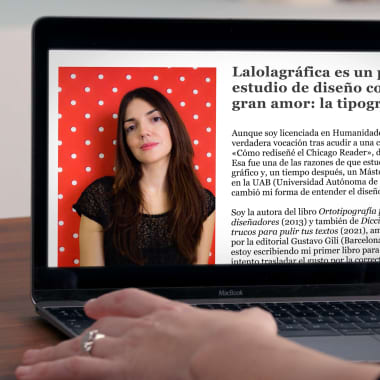
Learn how to make your CV stand out from the crowd, with Lalolagráfica

Discover the essential steps to effortless essay writing and learn how to captivate your readers with compelling arguments and engaging prose.
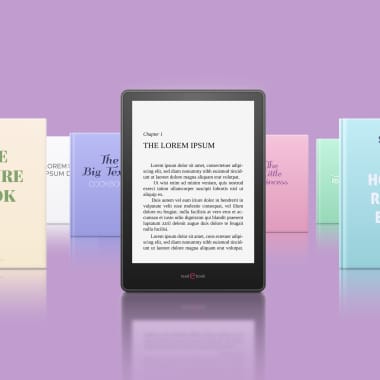
Download 800 free eBooks, including fiction, non-fiction, and poetry by Asimov, Austen, and more.
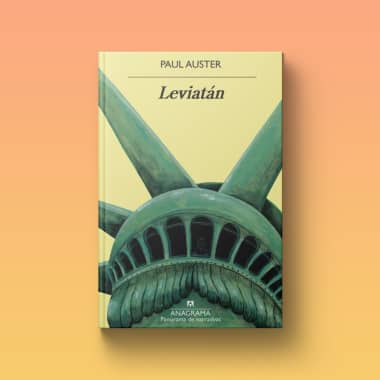
Explore the essential works of the late writer Paul Auster, whose masterpieces shaped contemporary literature. Discover the novels that defined his legacy and captivated readers worldwide.

There’s nothing quite like the rush of excitement when you get a new novel idea. There’s also nothing quite so damning as hitting a wall and … um, wondering if you have what it takes to actually finish that novel. I recently talked with a writer who said he has a problem finishing because he’s unable to take the leap and commit to the time it takes to finish. “I find myself mulling the story over, thinking about the characters, and wondering what will happen next,” he says. “But I rarely take the time to sit down and put some of those thoughts into actual words.” It’s true, books require one thing beyond inspiration, great ideas, and wonderful writing: commitment. And that means that some days you’ll feel yourself plodding or outright stuck (and miserable). Writing a novel has been compared to months of pregnancy, running a marathon, climbing a mountain, or even going to war. And it can feel like all those things in one. So, one crucial task of finishing a book is to believe that the very act of finishing is magic itself because the stamina it takes to finish a novel is the same kind it takes to make a novel good. “It does not matter how slowly you go so long as you do not stop,” said Confucius, who had to be talking about novel writing. It’s tough to keep moving, though. The slow march of daily progress can abrade against the sparkling zeal that fuels the early creative stages, and the day-after-dayness of it all often exhausts writers’ attention spans. It’s critical to remember that training for a marathon isn’t just about physical training; it’s also about preparing your mind to run for such a long time. This is where the metaphor of pregnancy doesn’t necessarily apply: Some novels take nine months, but some might take nine years. Writing The Brief Wondrous Life of Oscar Wao was anything but brief for Junot Díaz: It took 10 years. J.R.R. Tolkien labored 12 years over Lord of the Rings, as did Victor Hugo on Les Misérables. That’s fitting, you say, these are all big books. But Catcher in the Rye also took 10 years. You need to prepare your mind for the grind no matter what length or how ambitious your novel is.
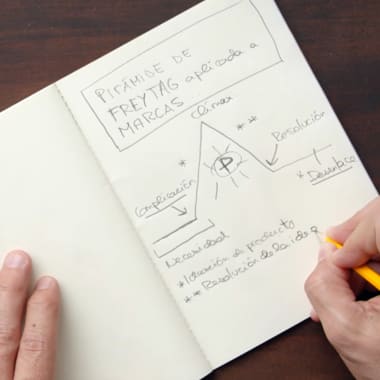
Discover the keys to improve your writing and becoming a better storyteller and successful communicator
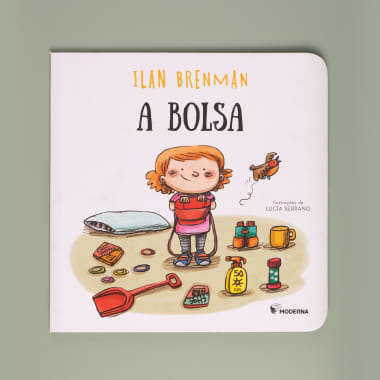
Learn the basic techniques that anyone who wants to write stories for children needs to bear in mind, with Ian Brenman

Learn what to do (and what not to do) to pitch using creative techniques, with Andreia Ribeiro

Despite the fact that I consider myself a fan of science fiction and seriously believe that it holds the keys to immunize us against the most undesirable projections of the future; and also despite the fact that, as Woody Allen said, inspired in turn by a phrase of Albert Einstein, "I care a lot about the future because it is the place where I intend to spend the rest of my life," I do not have a crystal ball to look into tomorrow and understand from this intricate present the impacts that Artificial Intelligence will have on the future: "I care a lot about the future because it is the place where I intend to spend the rest of my life", I do not have a crystal ball to peer into tomorrow and understand from this intricate present the impacts that Artificial Intelligence (AI) will have on humanity, society, culture, trades, daily life, life, the universe and everything else (paraphrasing Douglas Adams).

Learn what argumentative texts are, their key characteristics, types and look at practical examples.
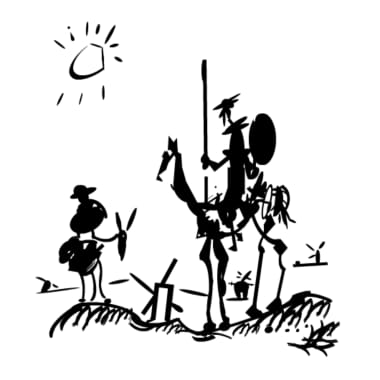
Hello everyone! I'm María José Castaño and today I want to immerse us in the fascinating world of writing with a master class from one of the great masters: Ernest Hemingway. Have you ever heard about his iceberg theory and how it transformed the way we understand storytelling? Well, get ready for an exciting journey through the hidden depths of literature. In my Domestika course, "Reading for writing," we explore lessons from great authors to improve our writing skills. And among these lessons, Hemingway's iceberg theory ranks high.
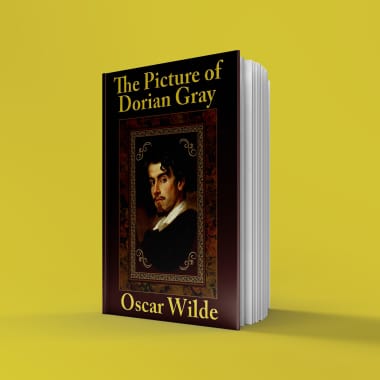
Explore masterpieces with our guide to 5 must-read classic books. Reading can be hard, period! And if you remove place holder words like "period" it can be even harder... But classic novels can open up your world of understanding! Here are 5 "light" examples for amateur readers (No, Faulkner isn't invited to the party this time... And I doubt he was ever invited to one!): 1. The Picture of Dorian Gray by Oscar Wilde

Learn how to create a newsletter promoting your blog or digital business from scratch, with Emma Jane Palin
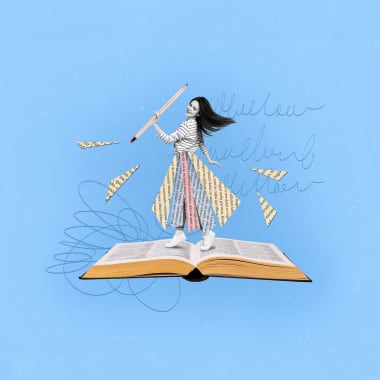
Immerse yourself in the Spanish literary world with these essential women writers
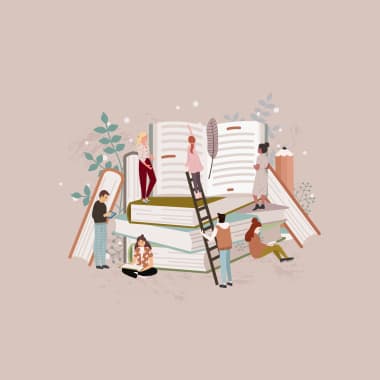
Unveil the essence of character archetypes in literature, spanning from heroic figures to wise mentors. Welcome to a journey through the rich tapestry of character archetypes in literature. Like every stroke on a canvas adds depth to a painting, characters in a story shape its plot. Today, we'll unravel the threads of common character types, exploring their traits, roles, and impact on storytelling. Let's embark on this epic quest together. First, let’s start with some classic character archetypes: 1. The Hero and the Anti-Hero At the heart of many tales lies the Hero, the embodiment of courage, resilience, and nobility. Think of iconic characters like Harry Potter from J.K. Rowling's series, who bravely confronts the forces of darkness to protect the wizarding world, or Nancy Drew from the beloved mystery novels, whose sharp wit and determination unravel enigmatic puzzles. Yet, standing in stark contrast is the Anti-Hero, a flawed protagonist who challenges traditional notions of heroism. Characters like Dr. Hannibal Lecter from Thomas Harris' The Silence of the Lambs, with his chilling intellect and morally ambiguous motives, blur the lines between good and evil, captivating audiences with their complexity and moral ambiguity.
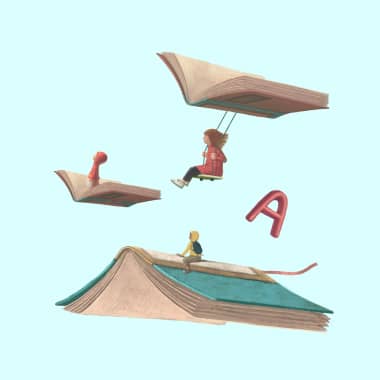
Hello everyone! I'm María José Castaño, and I want to ask you a question that many people have rolling around in their heads lately: Have you ever set out to take up this habit again and felt that it's a difficult mountain to climb? Probably so and that's why I share with you these lines to guide you on this journey towards literary pleasure in a sustained manner over time. Reading is more than a simple activity; it is a door to infinite worlds, to emotions that transform us and to knowledge that enriches us. However, sometimes modern times take us away from this enriching habit. But I can guarantee you that there is a way back to take it up again or build it from scratch. To begin with, I want to share with you a tool that will be of great help in this process: My "Commitment template". Download it and use it as your personal map in this journey. This template will help you set realistic goals, plan your reading time and track your progress.

Discover the essence of vignettes in literature and film. Learn how these brief, vivid scenes create deep emotional impact and narrative depth. The vignette, a tiny window into a world, a fleeting glimpse of emotion, a whisper of narrative. It’s like catching fireflies in a jar, each one a sparkling moment of brilliance. But what exactly is a vignette, you ask? Let’s embark on this journey together and uncover the magic behind these miniature masterpieces. What is a Vignette A painting, but with words. A snapshot, frozen in time. A haiku, rich with meaning. That’s the essence of a vignette, a short, impressionistic scene that captures a moment, a mood, or a feeling in vivid detail.
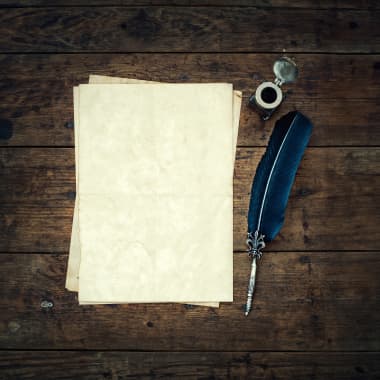
Want to write a sonnet but don't know where to start? This article will guide you step by step on how to do it through examples.
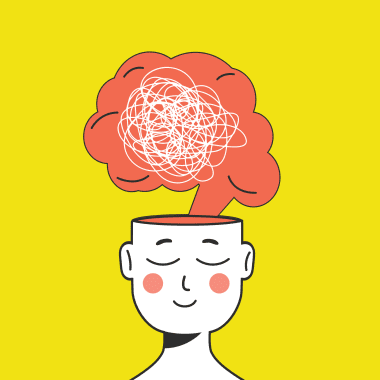
Immerse yourself in the world of literature with these vivid examples of imagery. Explore how authors use language to paint a picture in the reader's mind. Welcome to a journey through the rich tapestry of imagery in literature! Just as a skilled painter wields their brush to create a masterpiece, authors harness the power of words to craft vivid scenes that transport us to distant lands, evoke powerful emotions, and ignite our imagination. Let’s uncover the various types and examples that bring literature to life. Defining Imagery At its essence, imagery in literature refers to the use of descriptive language to create sensory experiences for the reader. It's the art of painting with words, allowing readers to see, hear, smell, taste, and touch the world depicted in the text.

Looking to enhance your persuasive communication skills? Explore the impact of 4 persuasive words and see real life examples of their effectiveness in action. Get ready to wield the power of persuasion and captivate your audience with compelling words. Let's delve into the realm of influence by exploring its psychology and discovering the impactful potential of four key words. By understanding the influence these words have on consumers, you can better comprehend the relationship between products, their marketing, and the buyer. Gain insight into how you are influenced and learn how to harness this knowledge to implement it yourself. The Psychology of Persuasion Before we explore persuasive words, let's grasp the psychology behind persuasion. Persuasion is the art of using words and emotions to sway opinions, change behaviors, and inspire action. By understanding these principles, we can unlock the secret to influencing others and achieving our goals.
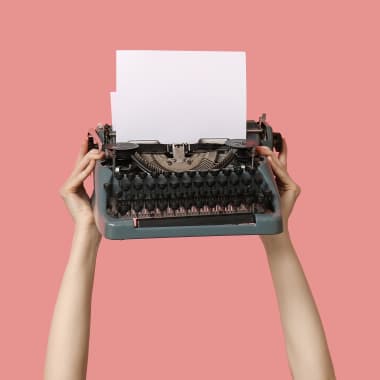
Boost your writing skills with 4 proven techniques! Dive into detailed examples and start crafting compelling content now. Are you ready to elevate your writing game and captivate your readers with compelling content? Whether you're experienced or just starting out, mastering writing techniques can improve your craft. Let's explore four powerful techniques that will enhance your writing journey. Understanding the Basics of Writing Before we dive in, it's crucial to grasp the basics of writing: the importance of grammar and punctuation, and building a robust vocabulary. What better way to enhance these skills than through the power of reading? Explore the role of tone and style in writing by immersing yourself in literary masterpieces such as the Dune Series by Frank Herbert or the Red Rising Saga by Pierce Brown (for those who enjoy SCI-FI writing). Dive into the epic The Lord of the Rings Series by J.R.R. Tolkien, A Song of Ice and Fire Series by George R. R. Martin for fantasy enthusiasts, or classics like Anna Karenina by Tolstoy or Wuthering Heights by Brontë for fans of realism novels. The examples could go on forever!
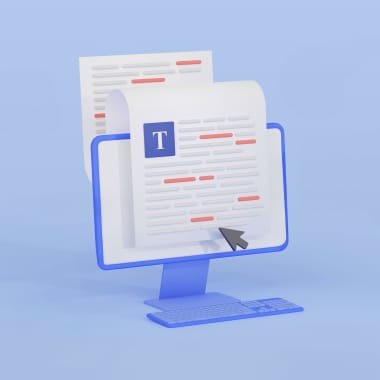
Elevate your writing skills with free access to 5 lessons for a limited time. Prepare to embark on an exciting literary journey. Here's the scoop: Starting today, you can access five free writing lessons that promise to transform your storytelling game. We are opening our doors wide for all aspiring writers, offering a unique opportunity to sharpen your skills without spending a dime. So, clear your schedule, grab your favorite pen, and let's dive in! These lessons will only be available for a limited time, so seize the opportunity while you can. Starting from 00:00 CET on March 13th, 2024, they'll be open for enrollment for just 15 days! If you want to access them after this date, you can sign up for each teacher’s full course and dive into their topics in detail.

Hi, I'm Cecilia and I'm here to share with you what for me could be the 5 most relevant tips to organize your story collection.

Struggling with writer's block? Our free PDF offers practical tips to get your creativity flowing again, from analyzing your story to taking breaks... Wow, that sentence was hard to built... I think I need a break, already!
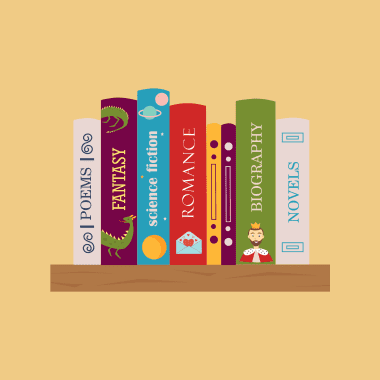
Are you curious about the different types of literary genres that exist? Don't miss this article. Literature is a vast universe of artistic expression that has developed over the centuries. To better understand it, scholars have classified literary texts into different genres. These genres are divided mainly into three categories which we will discuss below.

Dive into the world of document intelligence with Adobe's new AI Assistant in Acrobat & Reader, revolutionizing how we interact with PDFs. As technology continues to evolve, so too does the way we engage with digital documents. Enter Adobe's latest innovation: AI Assistant, a groundbreaking generative AI powered conversational engine integrated into Reader and Acrobat. The release on Tuesday, February 20, 2024, signifies Adobe's inaugural leap into revolutionizing digital document experiences. Leveraging the formidable power of AI, Adobe is reshaping the landscape of content consumption and creation.
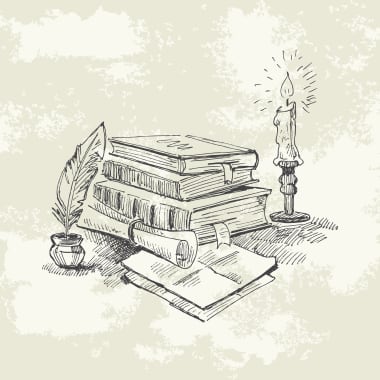
Explore the evolution of the history of literature from antiquity to the present day. Literature is one of the oldest art forms in human history. Although the term itself began to be used, according to some studies, after the fifteenth century, the idea of expressing through words, either orally or in writing, comes from many years ago. Literary history has a wide range of writers, who are a sample of how our society has evolved over the centuries. From the religious writings of Enheduanna to the fantastic world of J. R. R. Tolkien, passing through millions and millions of artists of the word who have left us a little piece of their vision of life through their books. In general terms, some experts divide literary history into four main stages: ancient literature, medieval literature, modern literature, and contemporary literature. Here we will tell you more about each of these stages. Ancient Literature (Up to the 5th Century)
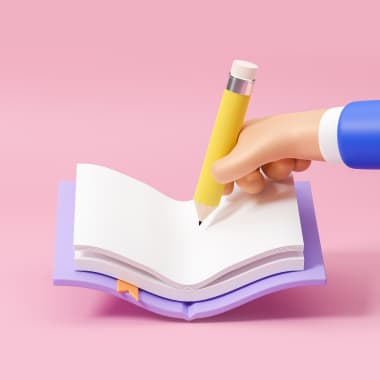
THERE’S ALWAYS A STORY IN A JOURNEY! Are you getting on a bus or a train today? Are you walking somewhere? There’s always a story in a journey! It might be inspiration for characters or inspiration for a plot or inspiration for the setting! Today, for example, I’ve already made three journeys and it’s not even 11 am! My first journey was before the sun rose. I got on my bike and went down to the sea for a swim. As I cycled down the high street, I saw a man washing windows. It made me wonder what kind of things he spotted. Supposing he saw somebody had fallen over who needed help? That could be a story – or maybe a twist in a plot. What if that person had been unkind to him in the past or refused to pay the window cleaning bill? Would he still help him? I hope so… My second journey was in the car to the local train station, which is about 40 minutes away. There was a traffic jam en route. This made me wonder how a delay on a journey could affect a character’s life. Perhaps my heroine might not get to her appointment on time because of the traffic jam. But what if her interviewer is stuck in the same traffic jam? There could be a story there!